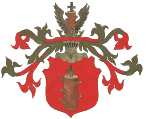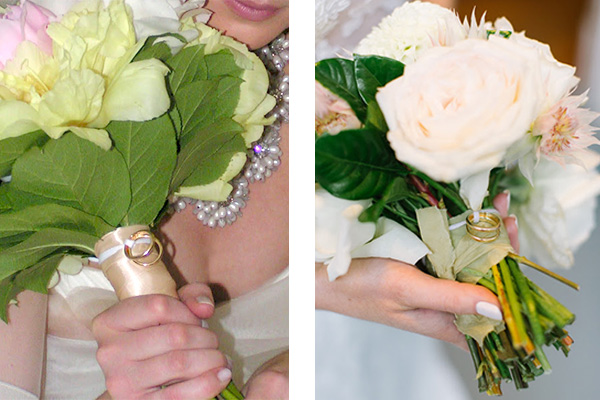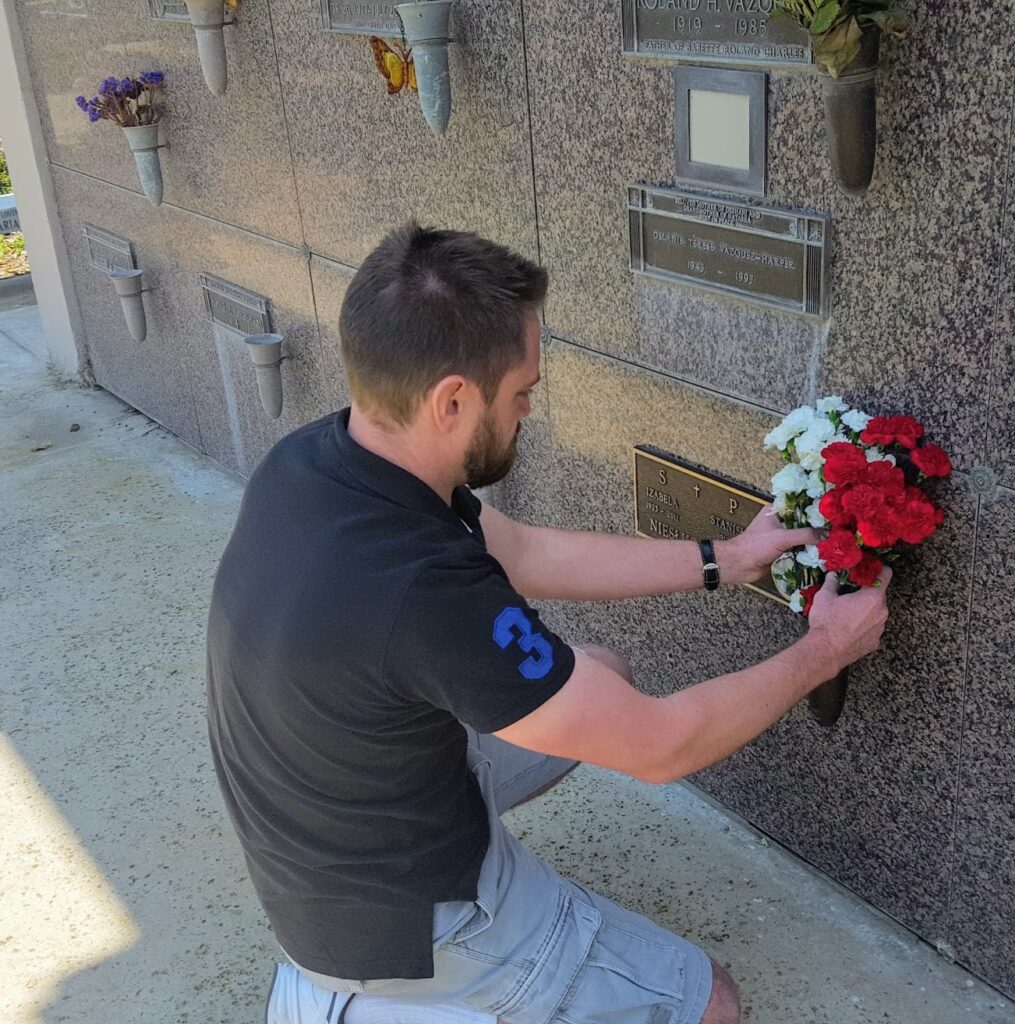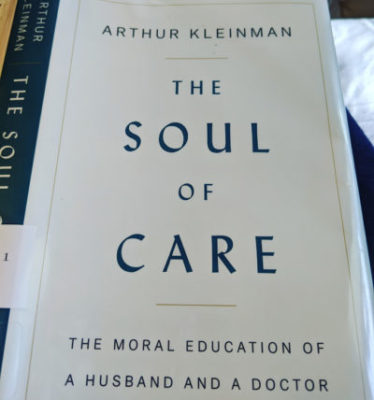The family care doesn’t start at birth. And doesn’t finish at death.
Arthur Kleinman, from memory, modified.
At a certain age, each of us suddenly finds out we had ancestors. I got interested in my heritage when I realized that the name of the village, where my father was born, is the same as our family name. Soon I found out how did it happened to be. Some five hundred years ago, my ancestor didn’t listen to his commander on the battlefield and was branded with such a nickname. So it was his lineage. Niesłuchowski, ‘The one who doesn’t listen’.

Later I found out many more captivating facts from our past. But the stories attached to them were even more fascinating.
I was told how my grandfather carried a giant cross on his back to the top of their church steeple. I could only imagine his mother covering her mouth and with wide eyes watching from below, and his father beaming and looking at the other spectators with a “That’s my boy” face.
My mother told me that father had to give his share of the family farmland as a lien to their neighbor to get money to pay for his law school. Years later, after the war was over, and he got a job, money was paid back, and the land faithfully returned to the family. On her part, my mother, at 15, after moving from her small village where she was born, to Warsaw, fought hard to enroll in school. A few hours before the opening bell, the Germans started bombing our capital, and so the WWll had started. In occupied Poland, schools went underground and all teachers, as well as students, risked their lives.
Her mother, and my grandmother, worked for one of the most prominent Polish physicians, the doctor who is seen as the father of the Polish School of Internal Medicine. My first name was given in reverence to this exceptional person.
My mother’s godmother married a man who was a chief representative of CARE International for Eastern Europe, an American. This marriage, her wealth, beauty, athletic abilities, intellect, and independence came with many stories fitting for another book.
Like many others, when they were growing up, my children thought that nothing had happened before they were born, and world history started on the day they were born.
Throughout my life, I’ve tried to tell my children about my ancestry. Initially, I thought they would be reluctant to admit their Polish heritage. I was pleased that nothing like that had happened.
Together, we traveled to Poland to meet my friends, my family, see the places I grew up in. I remember the look on their faces when they saw the sign that the church we’ve just visited was built in the 11th century. We saw the country which was battered throughout its history, still being able to build an impressive heritage of arts, sciences, and discovery. But we paid for our achievements dearly. Our history is interwoven with strings of national and personal tragedies and sacrifices. For the Poles, nothing was given.
So for me, a newcomer to this country, it’s hard to watch how so many people take so many things for granted.
Heritage matters. We have reunions, give the children our grandparents’ names, or bestow them their china. My two daughters had my parents’ wedding rings attached to their bouquets while walking down the aisle.

We all have memories. Some of them are more colorful than others. Some of us can relate to them better than others. Some of them are better known, some had to be excavated. Stories of my father escaping from the cattle car on its way to Auschwitz, or my parents hiding a Jewish family in their attic, are not readily told. So is the saga of me coming back to Poland for just a few days to see my father after his open-heart surgery. I was on my fellowship and learning to do the same procedures in the United States. I came back to see him, not thinking that my passport had expired, and so was my visa. They are all material for a book.
We have to work hard to uncover and learn our memories. But sometimes it is too late, and we realize that people who could share these with us are long gone. It would be nice to travel to places of your parents’ origin with them, or at least with a person knowing the language.

So, how do we care?
We care by digging out and preserving the memories.


